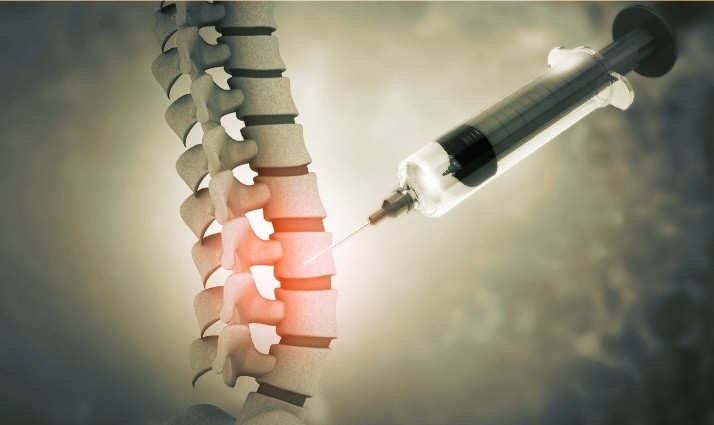Anaesthesia is defined as the "loss of sensation." Anaesthetics are medications that cause anaesthesia. Anesthesia refers to the use of drugs to alleviate pain caused by surgery. These medications are known as anaesthetics.
Read More
Anaesthesia is defined as the “loss of sensation.” Anaesthetics are medications that cause anaesthesia. Anesthesia refers to the use of drugs to alleviate pain caused by surgery. These medications are known as anaesthetics. They can be administered through injection, inhalation, topical lotion, spray, eye drops, etc.
Minor procedures, such as tooth filling, may require anaesthesia. It might be used through childbirth or other procedures like colonoscopies. An anaesthetic may be administered by a dentist, nurse, or doctor in some cases.
Anaesthesia is primarily divided into three types:
A small body area is numbed by local anaesthesia. It could be applied to a tooth that needs to be extracted or to a small area around a wound that requires stitches. During regional anaesthesia, you are awake and alert.
It is used to numb more significant body parts, such as an arm, a leg, or everything well below the waist. You might be fully conscious during the procedure, or you might be sedated. Regional anaesthesia can be used during childbirth, a C-section, or minor surgeries.
The entire body is affected by general anaesthesia. It renders you unconscious and immobile. It is used in major surgical procedures such as heart surgery, brain surgery, back surgery, and organ transplants.
While under general anaesthesia, if the patient can recall their surroundings or an event related to the surgery, it is called anaesthesia awareness (waking up). Although it can be upsetting, patients rarely feel pain during anaesthesia awareness. Only one or two out of every 1,000 surgical treatments involving general anaesthesia result in a patient becoming aware or conscious.
Atelectasis is the breakdown of a whole lung or section of the lung (lobe). The tiny air sacs (alveoli) inside the lung deflate or fill with alveolar fluid. It alters your regular breathing pattern and impacts the interaction of lung gases, causing the air sacs (alveoli) to collapse. It occurs following heart bypass surgery.
Malignant hyperthermia is a strong reaction to certain anaesthetic drugs. Malignant hyperthermia complications can be fatal if not treated promptly. The gene that exposes you to the risk of cancerous hyperthermia is usually inherited, but it can also result from a random genetic change.
Nerve damage is an uncommon side effect of spinal or epidural injection. A single nerve is affected, resulting in numbness or slight muscle weakness. An epidural injection is injected into the space surrounding your spinal cord. The injection could be local anaesthesia or pain reliever.
Post-operative delirium (POD) occurs in patients who have had surgical procedures and anaesthesia, typically peaking one to three days after the process. It must be distinguished from emergence delirium, which happens in 8 to 20% of patients after waking up from general anaesthesia, particularly in children.
The risk factors surrounding an anaesthesia
If you suffer from or have previously suffered from any of the following conditions, your anaesthesia risk may be increased:
Anesthesiology is the branch of medicine concerned with relieving pain during the perioperative period. Anesthesia refers to the medications used, and the doctor who specialises in this field is known as an anesthesiologist.
With an ageing population, increased surgical volume, and increased demand for anaesthesia professionals, more procedures for elderly and sicker patients will be required, and anaesthesia professionals will be in high order. As a result, anesthesiology will increasingly become a shift-work job.
Anesthesiologists are doctors specialising in anaesthesia, pain control, and intensive care medicine. Physician anaesthetists evaluate, monitor, and supervise patient care before, during, and after surgery and deliver anaesthesia, leading the Anesthesia Care Team and ensuring optimal patient safety.

